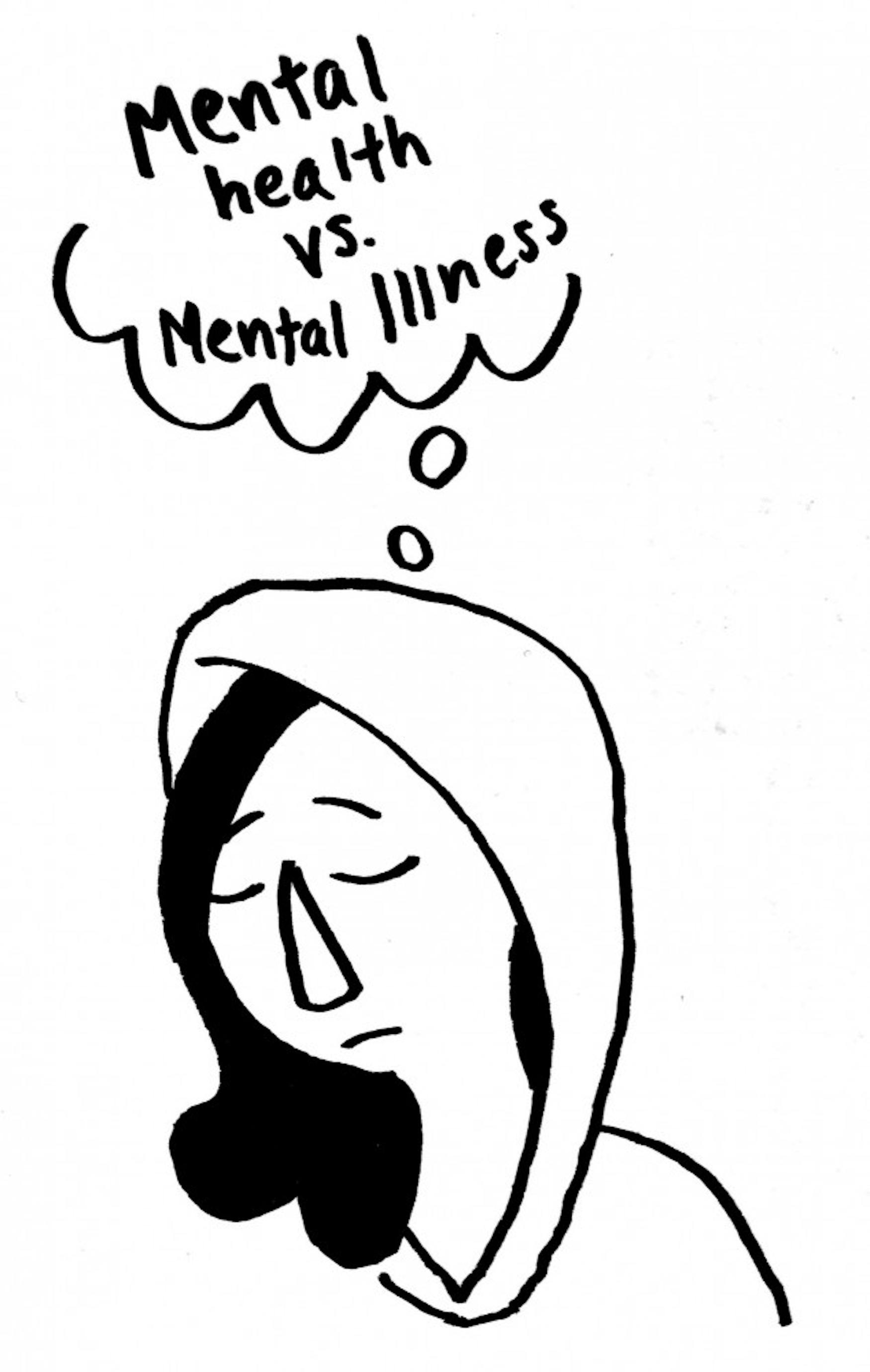Mental health care needs to be addressed holistically
In honor of Mental Illness Awareness Week, I wanted to address one major issue facing a segment of the community at Brandeis. I would like to preface this by making a distinction between mental health and mental illness. Mental health refers to an individual’s psychological, social and emotional well-being. Mental illness is defined by the National Institute of Mental Health “as a mental, behavioral, or emotional disorder.” At one point or another we all experience a time in our life when our mental health is challenged. From my experience as a Brandeis student, I can say that the stress from academics has at times put a strain on my mental well-being. Mental illness is a health condition and should be treated as seriously as any other disease. As the Canadian Mental Health Association says, “Just as it’s possible to have poor mental health but no mental illness, it’s entirely possible to have good mental health even with a diagnosis of a mental illness.” It is important to clearly define these two terms because they are too often used interchangeably.
Individuals who suffer from mental illness frequently get left behind as an afterthought. While there are campaigns to improve mental health, there is little help for those who suffer from mental illness every day of their waking life. This is where I take issue with Brandeis’ current mental health policies. As the Brandeis Counseling Center website states, “The Brandeis Counseling Center provides counseling for students in times of stress and encourages them to ask for help with their most immediate concerns.” What about those who enter Brandeis suffering from a condition already? Are they left to fend for themselves? The answer unfortunately is, for the most part, yes.
I must note that Brandeis does offer a service where students can have their medications delivered to the campus, which is very helpful. There is also Student Accessibility Support that provides academic accommodations, which, to a degree, can help students with a range of health concerns inside and outside the classroom. This is very similar to mental health services offered by both Boston University and Harvard University, which both emphasize short-term care. While all the colleges I have listed offer short-term therapy services and academic accommodations, they clearly state that if this will be an ongoing mental illness, they will refer you to the proper medical professionals in the area.
The one major gap that I have found is that there is a lack of support in the actual implementation of a treatment plan for those suffering from a mental illness. There is no help in getting to the specialized help that students may desperately need. A student may get all the accommodations in the world, but if they cannot physically get to the help they need, be that in the way of specialized therapy, psychopharmacologists or treatment facilities, the student is not going to benefit. It places an extraordinary burden on the individual to find a means of transportation to the facility. Individuals with mental illness find themselves having to pay an evermounting bill of specialist fees, medications and everything else associated with taking care of their illness. Adding in the cost of transportation can make the barrier between the individual and treatment insurmountable. These costs add up and in the end, these students are being penalized for having an illness they cannot control.
To highlight how huge the cost of transportation can be to a student, I have provided an example of the costs an individual with mental illness can expect to pay for transportation. Getting to and from therapy on a weekly basis on the common rideshare app known as Uber will run about $24 a trip if the treatment facility is within 2 miles. Bus fare would be cheaper, but unfortunately in my own experience, I have found that these sorts of facilities are not accessible via the Brandeis/Roberts bus stop. Now that individual will most likely also be taking medication as well, which for many mental illnesses is regulated by a psychopharmacologist. Let’s say that specialist is in the same area and the trip will cost the student $24 every month. Transportation alone will cost that student $120 a month or almost $1,000 for the year. This is not including copays on medications, therapy and psychopharmacologists. For students who are already trying to keep their heads afloat financially, treatment becomes a luxury rather than a necessity.
This is not an issue solely concerning Brandeis, but rather a symptom of a larger problem in healthcare access as a whole. I love Brandeis and I am thankful to everything they have provided for me; I write this because I care about the University. I want to make this community a better place for all that come here. I am just trying to raise my concerns about issues that may not be apparent to those who are not affected by them. I think that it is a bit unfair that all the emphasis and resources go towards mental health and not mental illness. I am tired of mental illness sitting on the backburner. It is time for a change and I think that given Brandeis’ roots in social justice, it should be the one to take up the mantle.



Please note All comments are eligible for publication in The Justice.